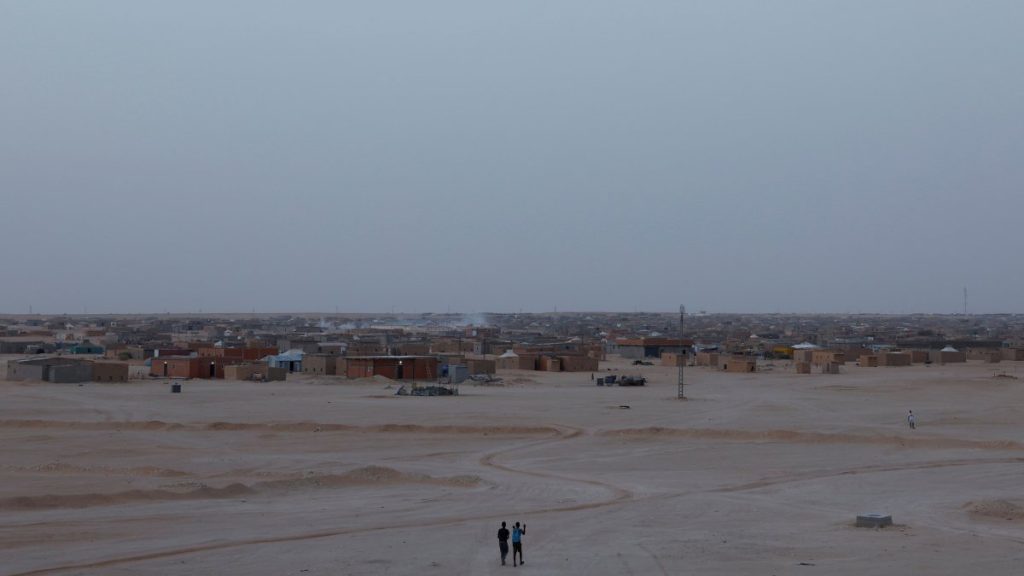The Polisario Front, which attests it represents the Indigenous Sahrawi people and is in dispute with the Moroccan government, invited PKK elements to its recent meeting.
The Syrian wing of the PKK terrorist group, the YPG, took part in the front’s meeting called “Sahrawi Solidarity Summit” in the Sahrawi camps close to Algeria on Jan.4-7, according to diplomatic sources.
At the meeting, the YPG/PKK made a presentation and gave propaganda messages calling for support and denouncing Türkiye’s counterterrorism operations.
Türkiye, in the conflict, supports the Moroccan government and does not recognize either the SADR nor the Polisario Front. Ankara supports a permanent and fair political solution to the problem through dialogue within the scope of the U.N. Security Council decisions.
Algeria, for its part, said it saw the photos and wants to be sure of their authenticity. “I would like to remind that the strong and strategic relations that bind my country to Türkiye cannot suffer any amalgam or unfriendly ambiguity,” said Amar Belani, Algeria’s Ambassador to Türkiye. Belani added that Algiers does not interfere in the internal affairs of states, which is a doctrinal position of the country’s foreign policy and that Algeria condemns terrorism in all its forms and manifestations.
The conflict between Morocco and the Polisario Front centers on the status of Western Sahara, a disputed territory in North Africa. After Spain withdrew in 1975, Morocco claimed sovereignty over the region, while the Polisario Front, representing the Sahrawi people, sought independence and established the self-proclaimed Sahrawi Arab Democratic Republic (SADR). Morocco maintains that Western Sahara is an integral part of its kingdom, offering autonomy under Moroccan sovereignty. At the same time, the Polisario Front insists on a United Nations-supervised referendum to decide the territory’s status. Internationally, the conflict draws varied responses: Morocco has support from countries like the United States, which recognized its claim under the Trump administration, while others back the Polisario’s push for self-determination. The U.N. has facilitated peace efforts, including a 1991 cease-fire and the establishment of the MINURSO mission to monitor the situation and prepare for a referendum. However, the vote has yet to occur, leaving the conflict unresolved.
The conflict has several implications affecting multiple fields. The region remains divided, with Morocco controlling the majority of the territory, including key cities and resources, while the Polisario Front governs sparsely populated areas east of the Moroccan-built berm (a defensive wall). Moreover, it exacerbates tensions between Morocco and Algeria, which supports the Polisario Front diplomatically, militarily and financially. The issue also has broader implications due to Western Sahara’s natural resources, which include phosphates and fisheries, and its strategic location.
Most recently, tensions escalated in 2020 after Morocco conducted a military operation in the Guerguerat buffer zone, prompting the Polisario Front to declare an end to the cease-fire.


